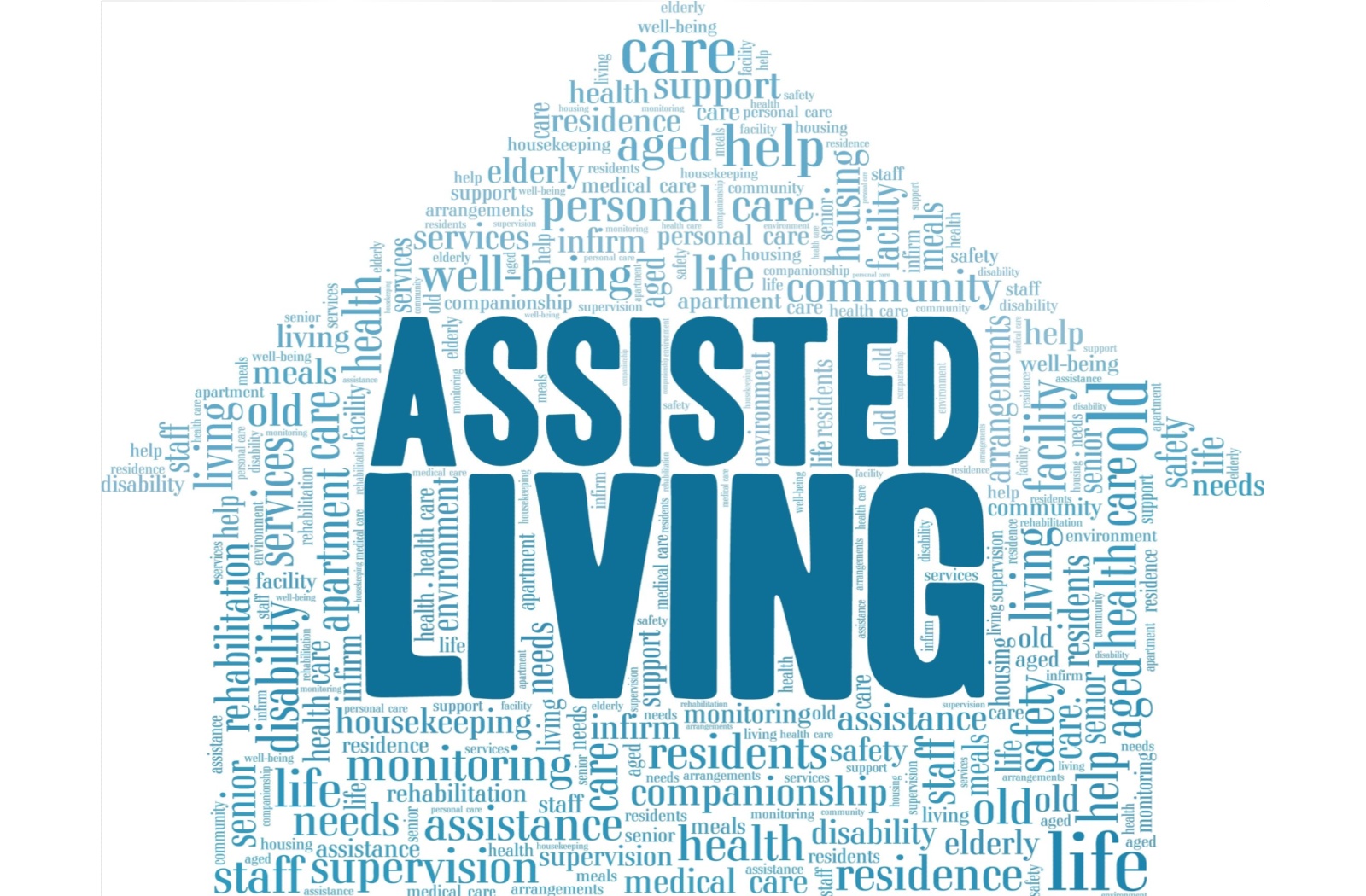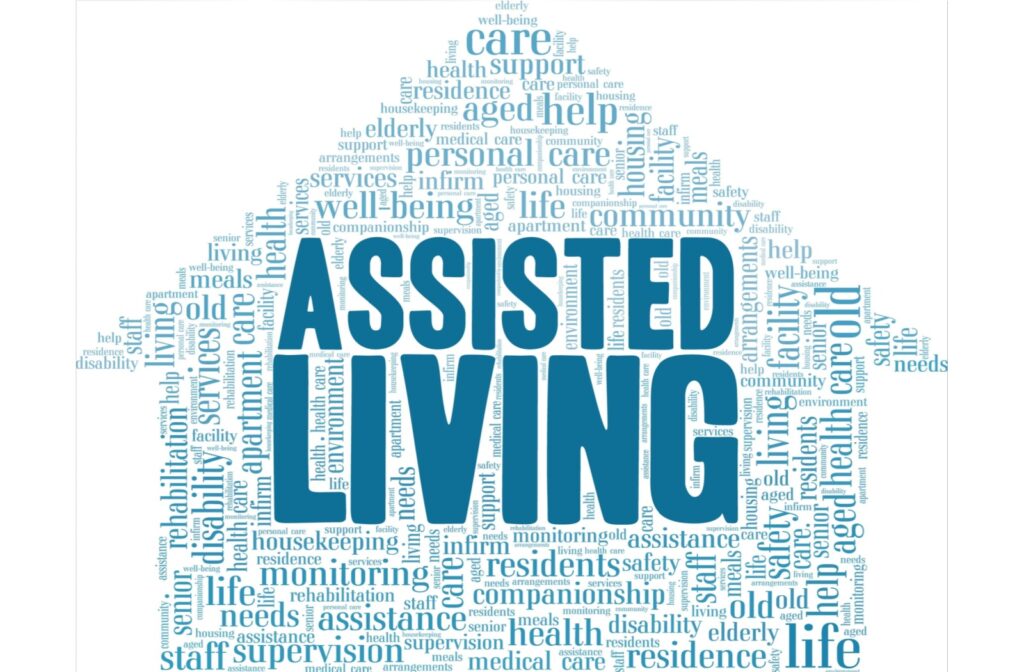Watching a parent or loved one struggle with daily activities can leave you wondering if it’s time to consider additional support. The signs that assisted living might be helpful often develop gradually, making them easy to overlook until they become more serious concerns.
Assisted living becomes necessary when seniors encounter challenges with daily activities, medication management, safety concerns, or social isolation that affect their quality of life and well-being. Recognizing these signs early allows families to explore supportive options and ask essential questions about assisted living communities before the situation becomes overwhelming.
Key Takeaways
- Physical signs include difficulty with daily activities, medication errors, frequent falls, and poor hygiene.
- Cognitive indicators involve memory problems, social withdrawal, and changes in judgment.
- Home-related challenges include neglected maintenance, financial struggles, and unsafe living conditions.
- Early recognition allows for smoother transitions and better outcomes.
Recognizing Physical and Health Warning Signs
Difficulty With Daily Activities
When your parent begins struggling with basic tasks they once handled easily, it may be a sign that they need additional support. Simple activities like bathing, dressing, or preparing meals can become challenging or overwhelming to perform. Healthcare professionals refer to these as activities of daily living (ADLs), which are key indicators of an individual’s level of independence.
Medication Mismanagement Issues

Forgetting to take medications or taking them incorrectly can create serious health risks. You may find pill bottles that are either too full or too empty, or medications scattered around the house.
Multiple medications with complex schedules become particularly difficult to manage. Missing doses or double-dosing can lead to concerning health complications.
Frequent Falls and Safety Concerns
Falls become more dangerous as we age, and repeated incidents often indicate the development of mobility or balance issues. Your loved one might mention feeling unsteady, or you may notice new bruises or injuries. Learning about fall prevention strategies can help address these safety concerns.
Sometimes seniors don’t report falls because they don’t want to worry family members. Watch for signs like furniture pushed closer together or reluctance to move around their home.
Cognitive and Mental Health Indicators
Social Isolation and Loneliness
Withdrawing from friends, family, and activities they once enjoyed can indicate both physical and emotional struggles. Your parent might stop attending social events or decline invitations they would have accepted in the past. Loneliness can impact both mental and physical health, creating a cycle where isolation leads to depression and further withdrawal. Regular social interaction becomes increasingly important as we age.
Memory Problems and Confusion
Occasional forgetfulness is normal, but persistent memory issues that significantly impact daily life require attention. Your loved one might forget essential appointments, repeat stories frequently, or lose track of familiar routines. Getting lost in familiar places or confusion about time and dates are particularly concerning signs. These changes often develop slowly, making them easy to dismiss initially.
When memory concerns become more significant, specialized memory care services may be a suitable option over assisted living.
Home and Daily Living Challenges
Neglected Home Maintenance
A once well-kept home that becomes cluttered, dirty, or in disrepair often signals that maintenance tasks have become overwhelming. You might notice piles of mail, dishes in the sink, or general cleanliness issues.
Yard work, home repairs, and regular cleaning require physical energy and organization that may no longer be manageable. These tasks can feel insurmountable when someone is already struggling with daily living activities.
Unsafe Living Environment
Safety hazards, such as leaving stoves on, forgetting to lock doors, or having poor lighting, significantly increase risks. You might notice burnt pans, items left in unsafe places, or general hazards around the home.
Sometimes, these issues develop because physical limitations make it more challenging to maintain a safe environment. At other times, cognitive changes can affect safety awareness and judgment.
Trouble Managing Bills and Finances
Unpaid bills, duplicate payments, or unusual spending patterns can indicate cognitive changes or simply feeling overwhelmed by financial management. You might find stacks of unopened mail or notices that services are being shut off.
Financial scams targeting seniors become more successful when judgment and decision-making abilities decline. Managing complex financial tasks requires organization and memory that may be compromised.
Poor Nutrition and Meal Preparation
Weight loss, expired food in the refrigerator, or relying heavily on convenience foods can signal that meal planning and preparation have become too complicated. Cooking requires multiple steps, precise timing, and a high level of safety awareness.
Sometimes seniors stop eating regular meals because shopping, cooking, and cleaning up feel overwhelming. Poor nutrition then affects energy levels and overall health, creating additional challenges.
Who Is Not a Candidate for Assisted Living?
Assisted living is well-suited for seniors who require some assistance with daily activities but don’t need intensive medical care. Individuals who require ongoing medical supervision or have complex medical conditions may require varying levels of support.
Someone who is entirely independent and managing well at home may not be ready for assisted living. The goal is to find the right level of support that matches current needs while allowing for future changes.
Professional Support and Assessment
Healthcare providers often notice changes in their patients that indicate home safety or the need for care management. They might recommend assisted living after hospitalizations, changes in mobility, or when medication management becomes problematic.
Doctors can provide a valuable perspective on care needs and safety concerns that families may not be aware of. Their recommendations often come from observing patterns over time that indicate increasing risks.
At Harrison Bay Senior Living, we understand that recognizing the need for assisted living can feel overwhelming for families. Contact us today to schedule a tour and discover how our supportive community can help your loved one live more safely and comfortably while maintaining their independence.



